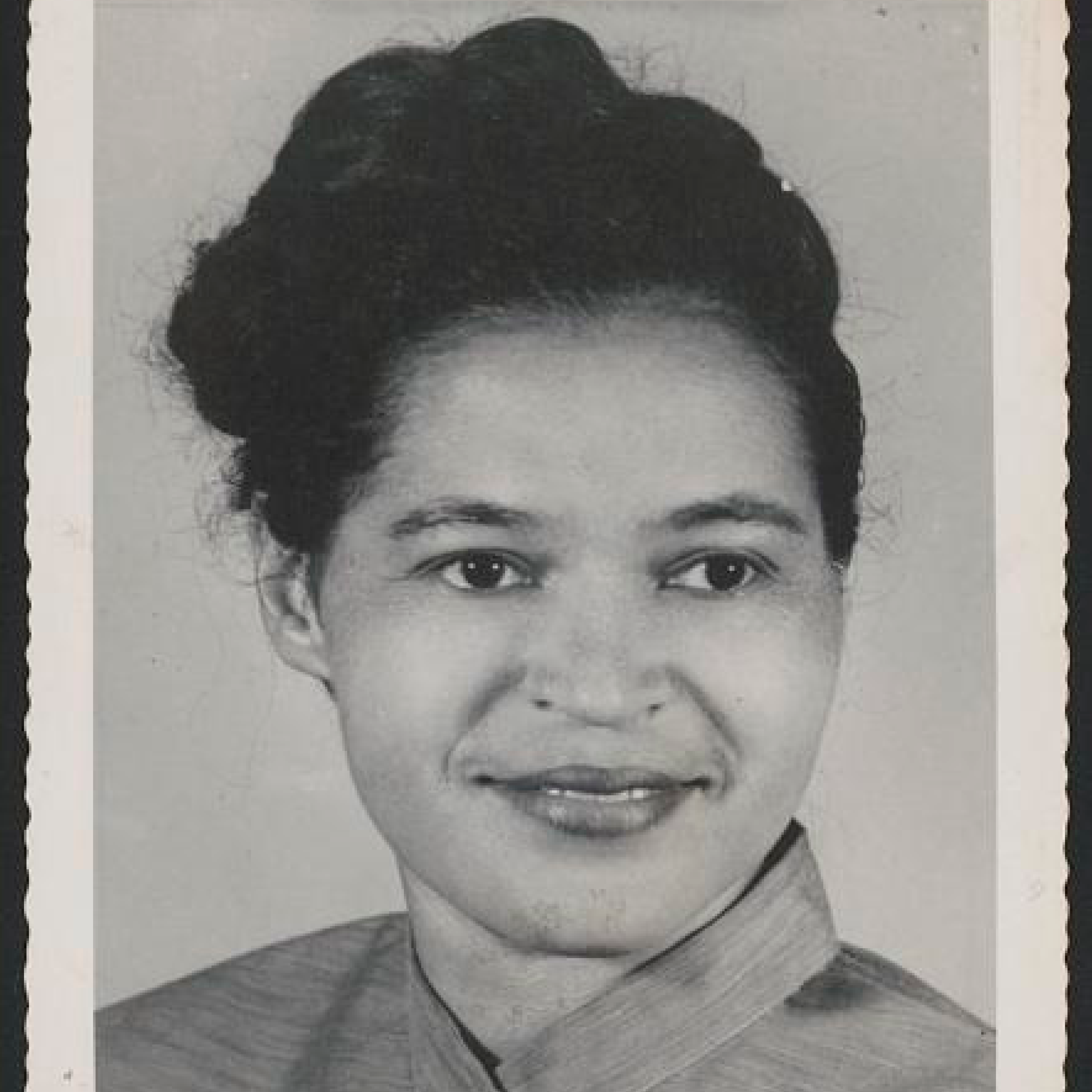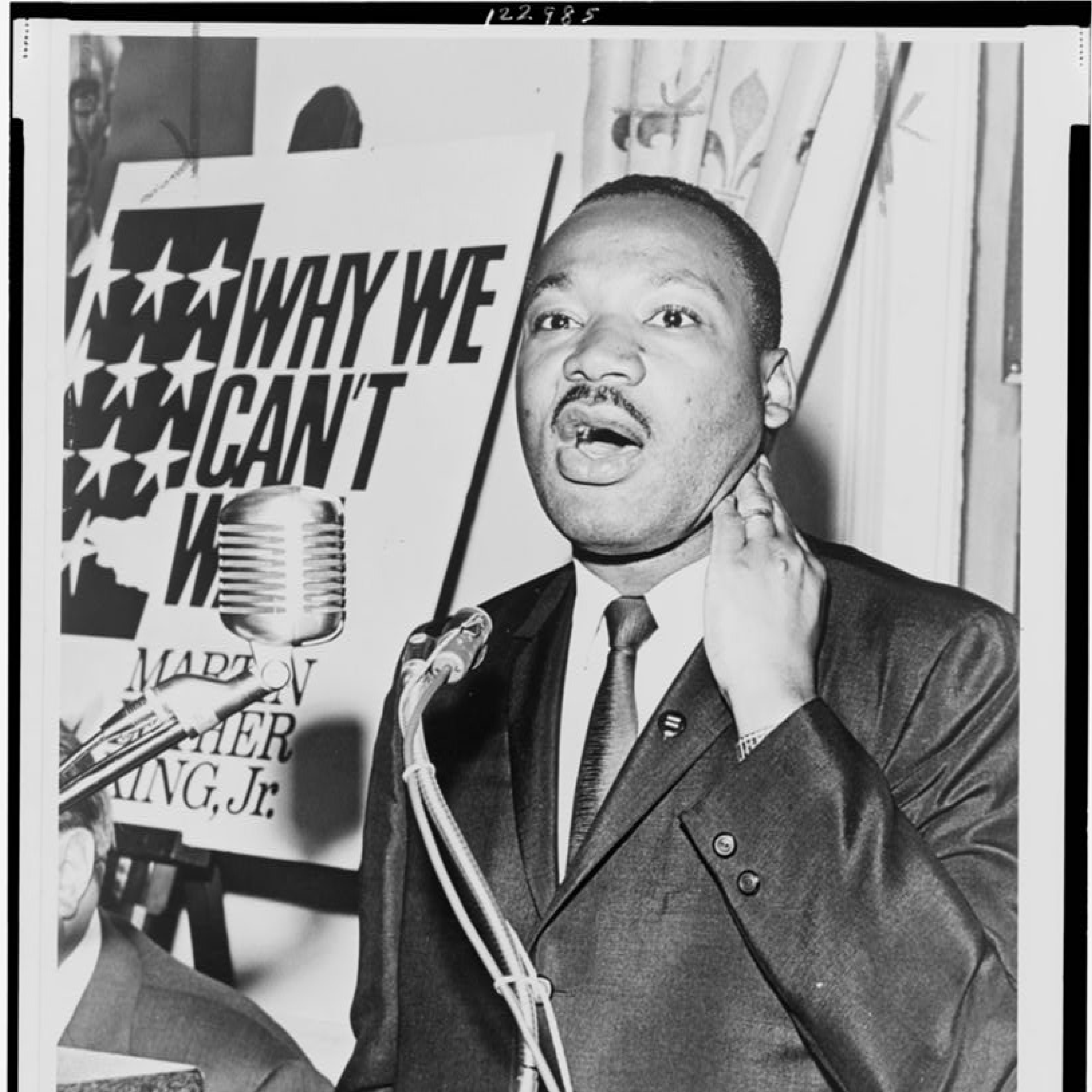Stride Toward Freedom
Stride Toward Freedom is the Civil Rights Movement leader Martin Luther King, Jr.’s firsthand account of the Montgomery Bus Protest in which he played a leading role. It amply demonstrates both key elements of King’s social and religious thought and also his skill with organization, administration, and rhetoric.
Stride Toward Freedom was published in 1958. The events it relates date more or less from December 1, 1955, when Rosa Parks was arrested, through December 5, when the Bus Protest began, to November 13, 1956, when the Supreme Court ruled bus segregation unconstitutional. Of course, the underlying causes and the subsequent effects of these events stretch much further in both directions.
The book includes an inscription written by King himself to a politician named Ronald Roberts. It is paired in our collection with another of King’s books, Strength to Love, which is also signed by him.
Quick Look
Who: Martin Luther King, Jr.
Why: In simplest terms, Stride Toward Freedom was written to tell the story of the Montgomery, Alabama bus protest sparked by the arrest of Rosa Parks.
When: 1958
Publishing information: Stride Toward Freedom: The Montgomery Story. by Martin Luther King, Jr. New York: Harper & Row Publishers, 1958. With an inscription from "Martin Luther King Jr." to Ronald Roberts, undated, on front flyleaf.
“This book is an account of a few years that changed the life of a Southern community, told from the point of view of one of the participants….[I]t is the chronicle of 50,000 Negroes who took to heart the principles of non-violence, who learned to fight for their rights with the weapon of love, and who, in the process acquired a new estimate of their own human worth. It is the story of Negro leaders of many faiths and divided allegiances, who came together in the bond of a cause they knew was right. And of the Negro followers, many of them beyond middle age, who walked to work and home again as much as twelve miles a day for over a year rather than submit to the discourtesies and humiliation of segregated buses.”
Learning Activities
What lessons can we learn from Martin Luther King, Jr. for thinking about race relations today?

